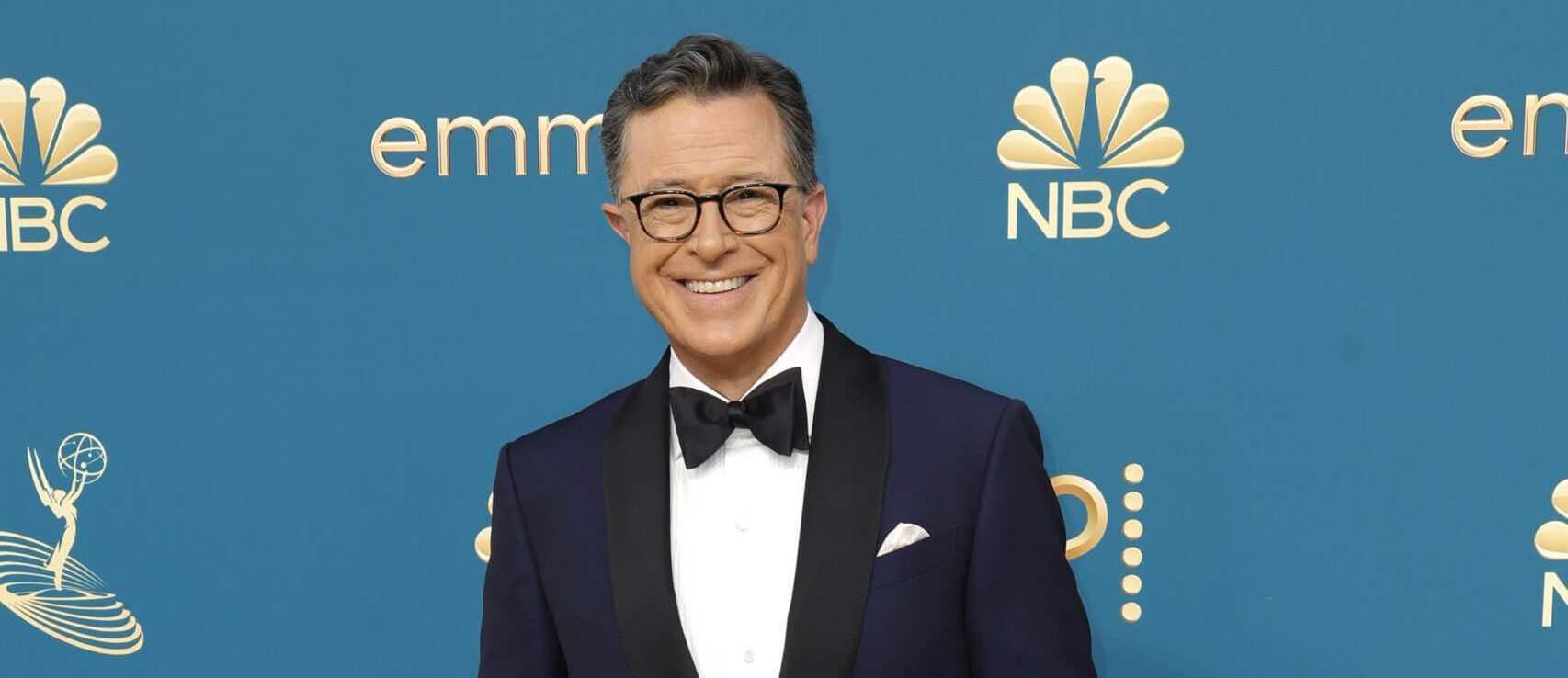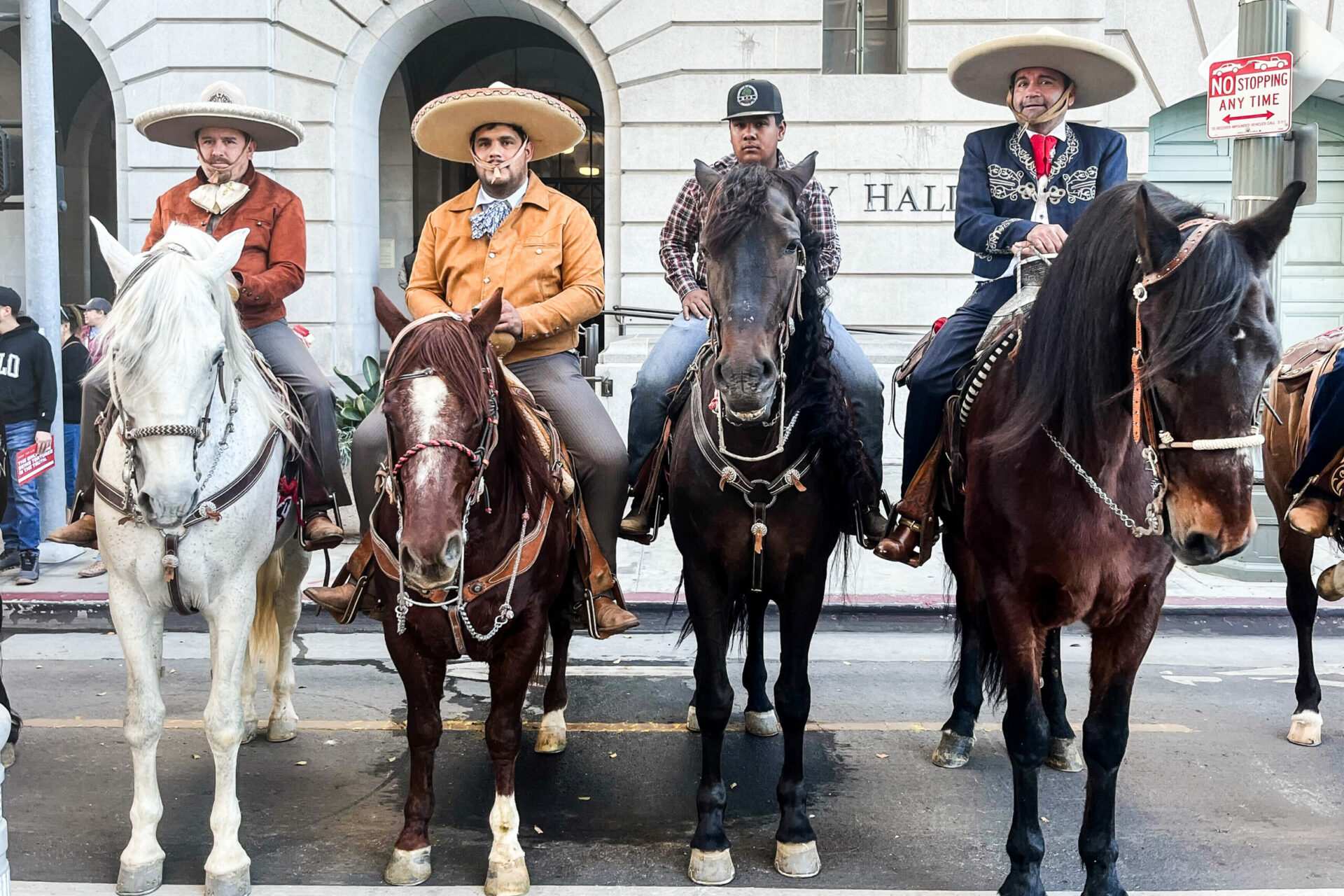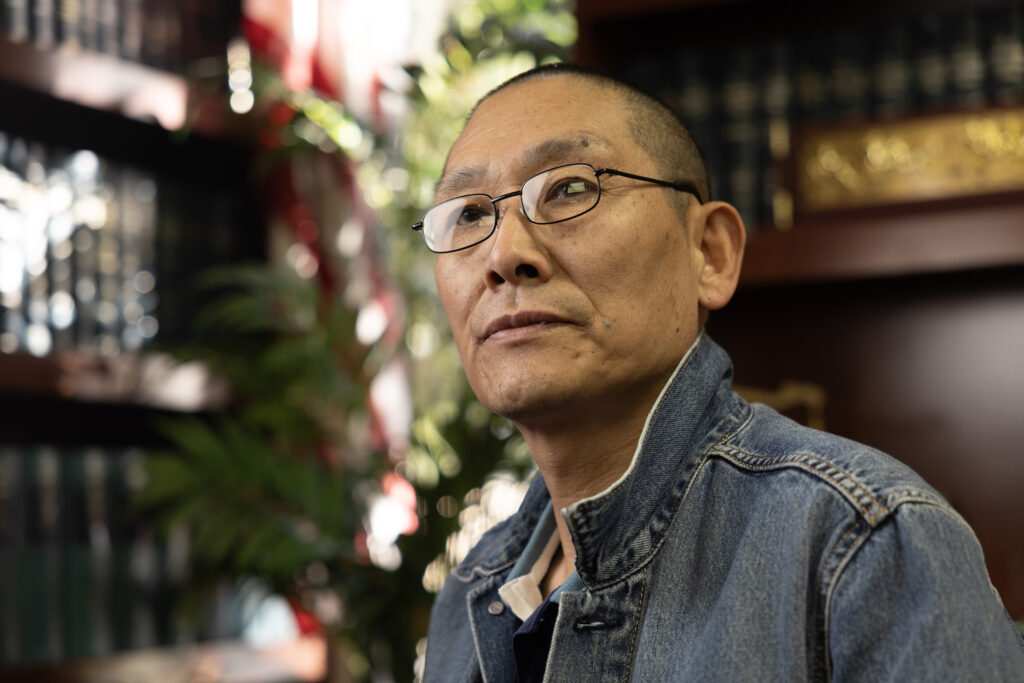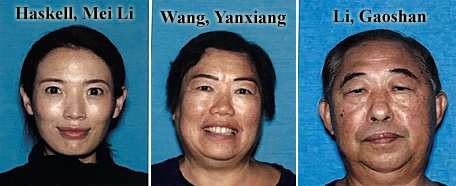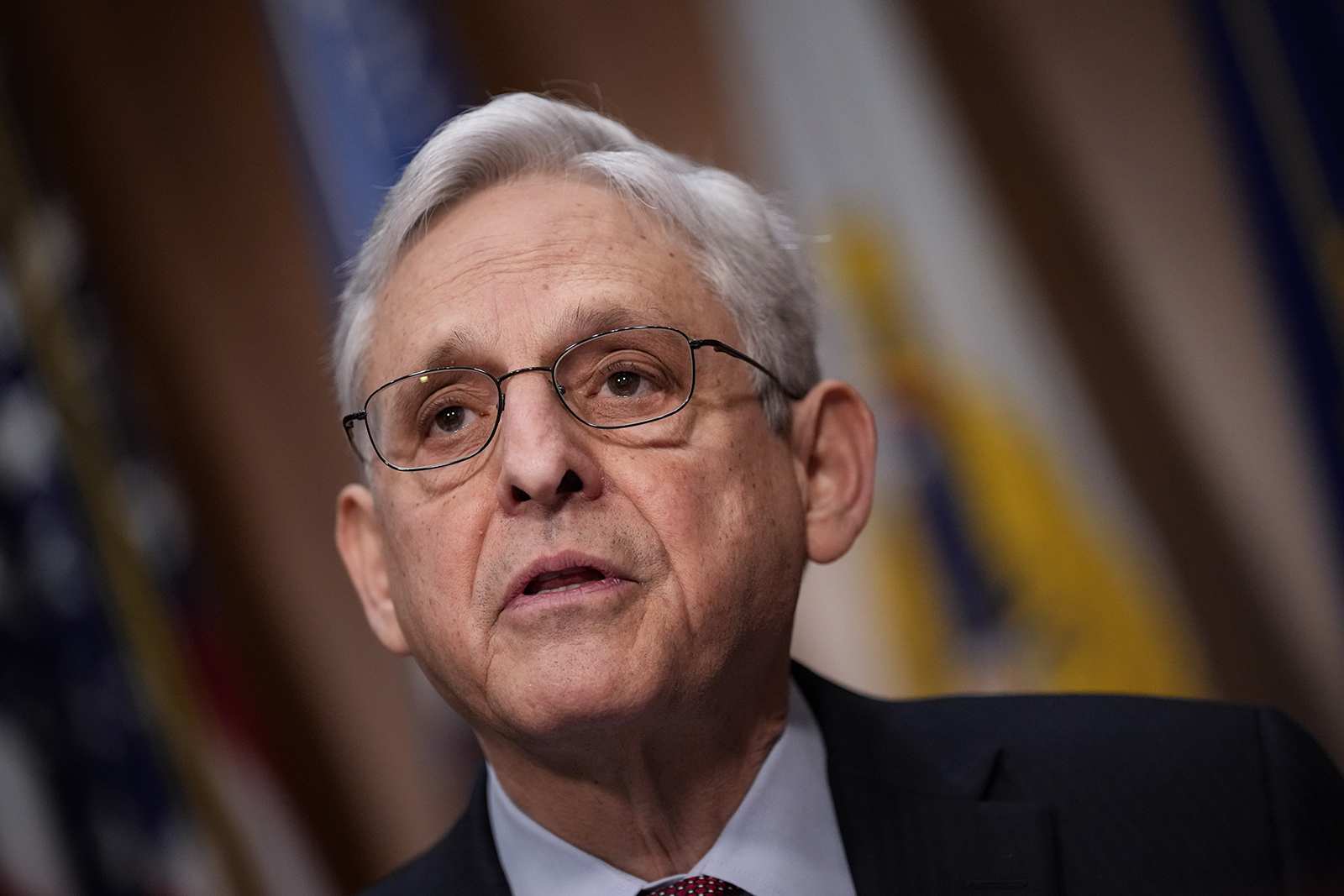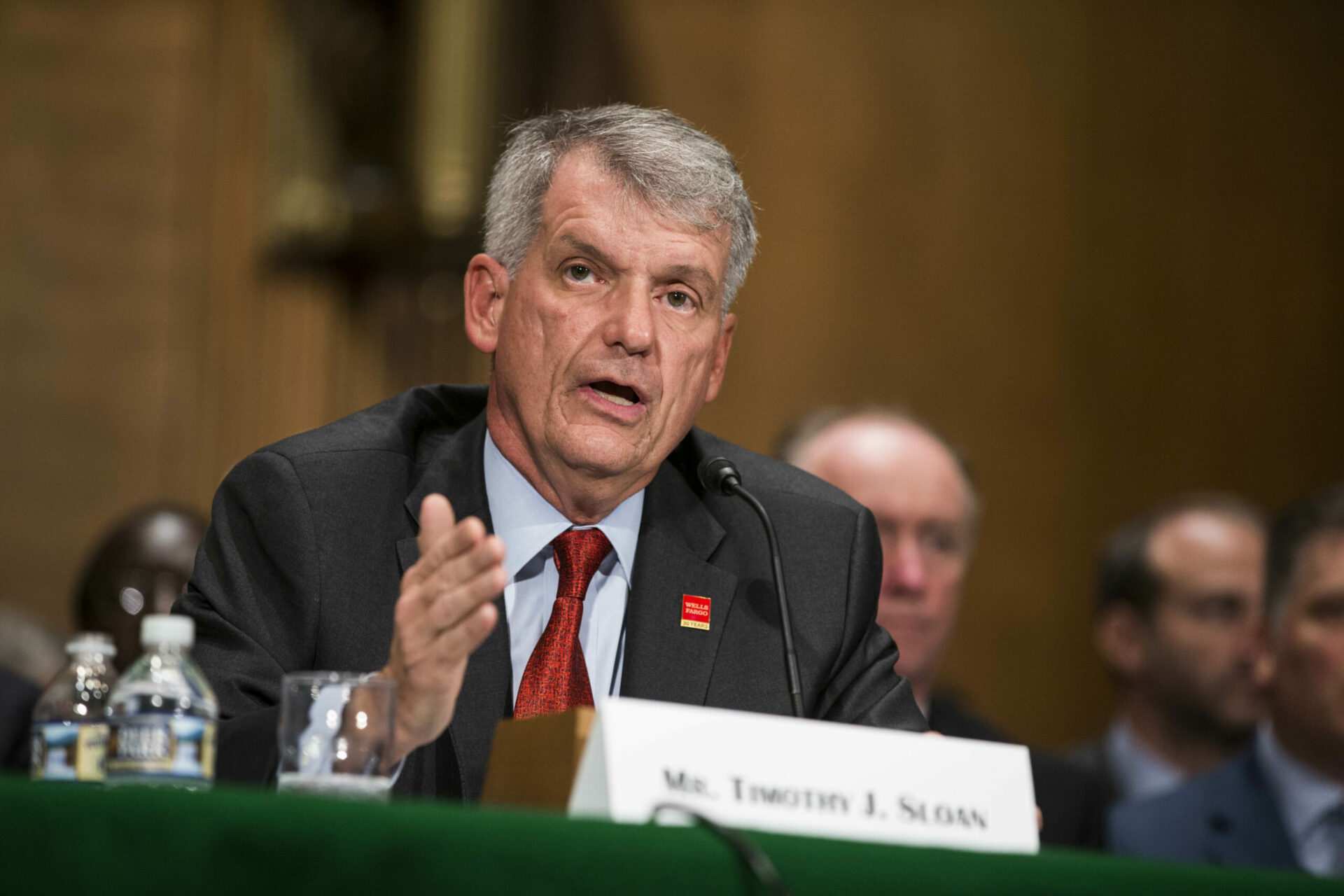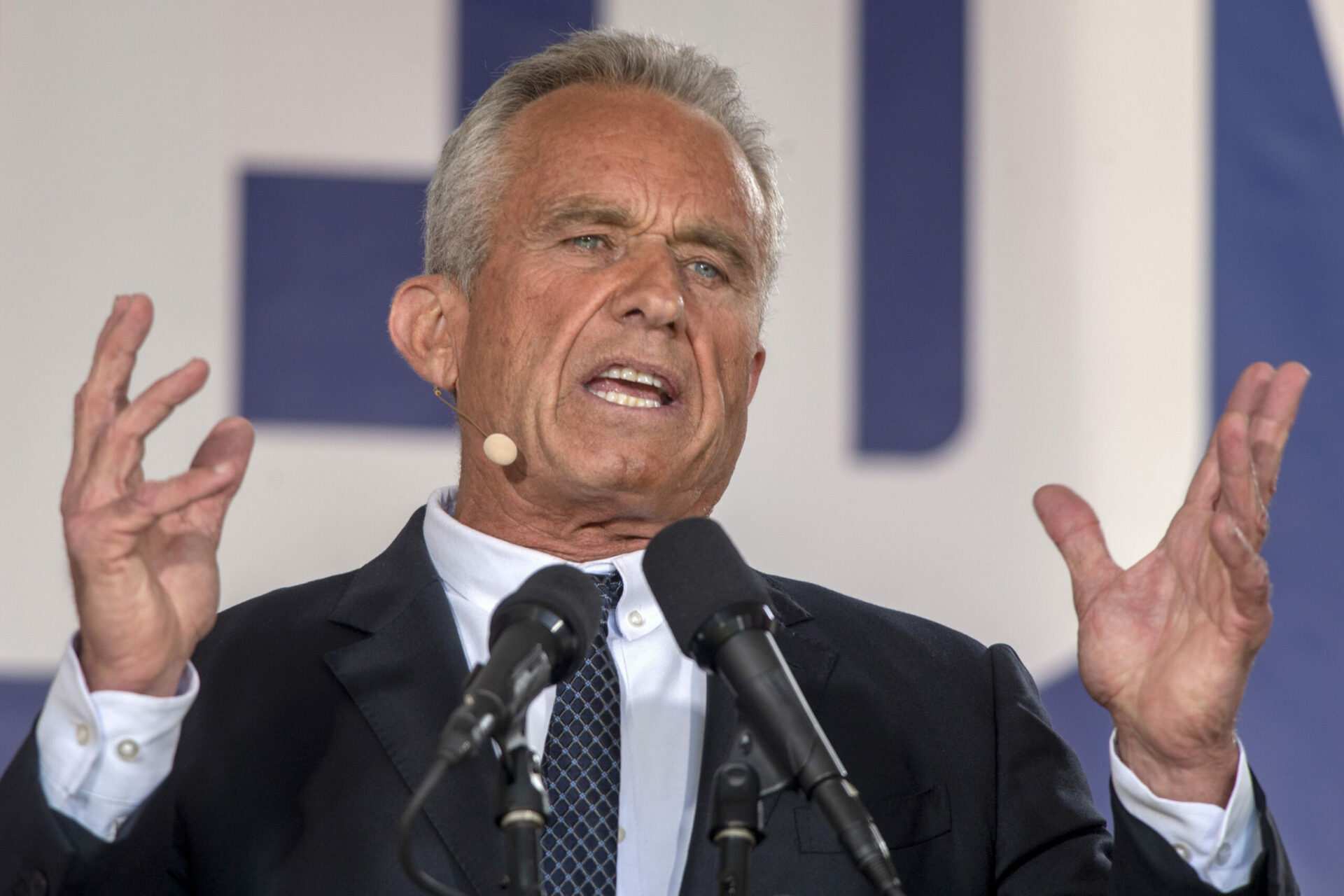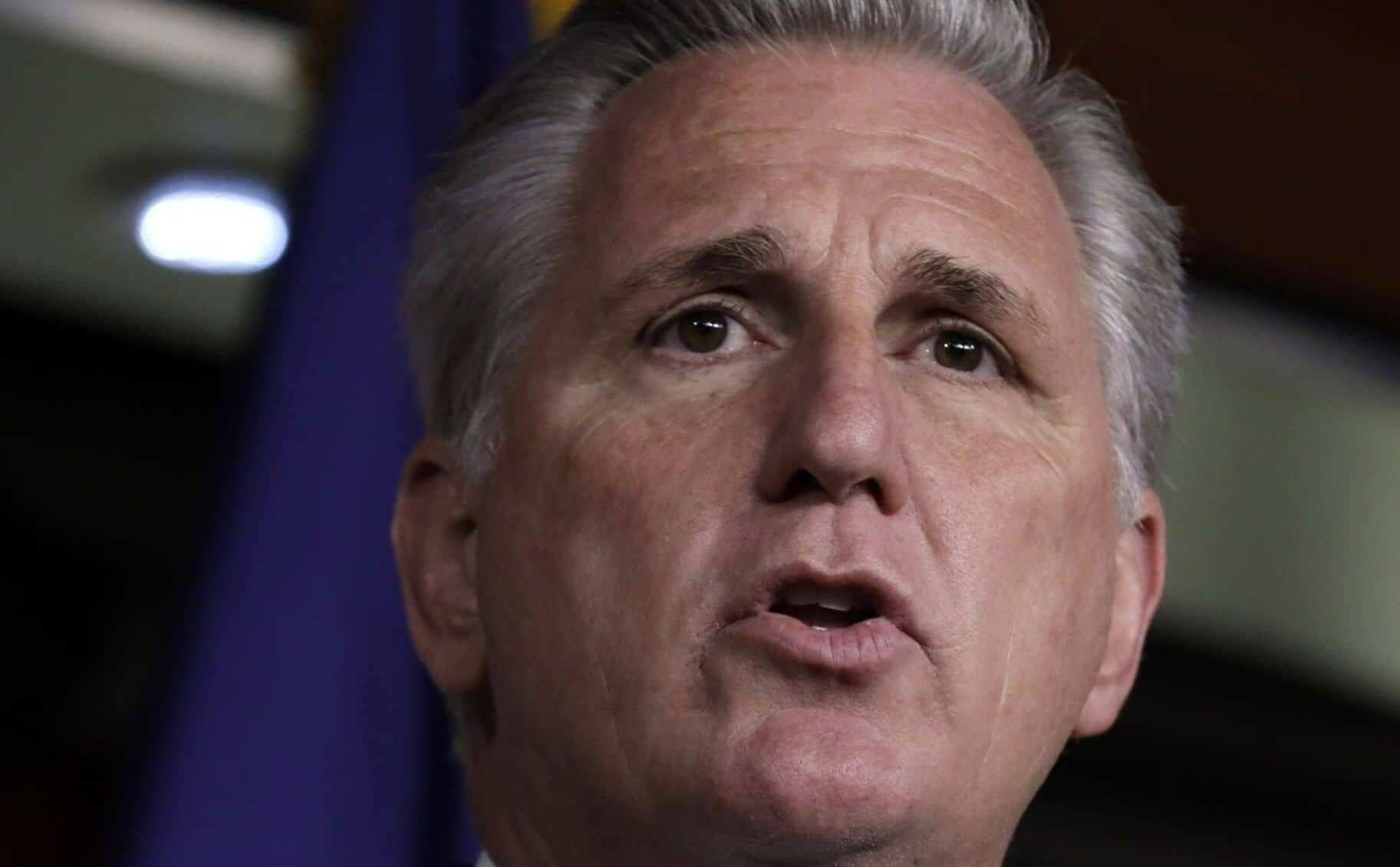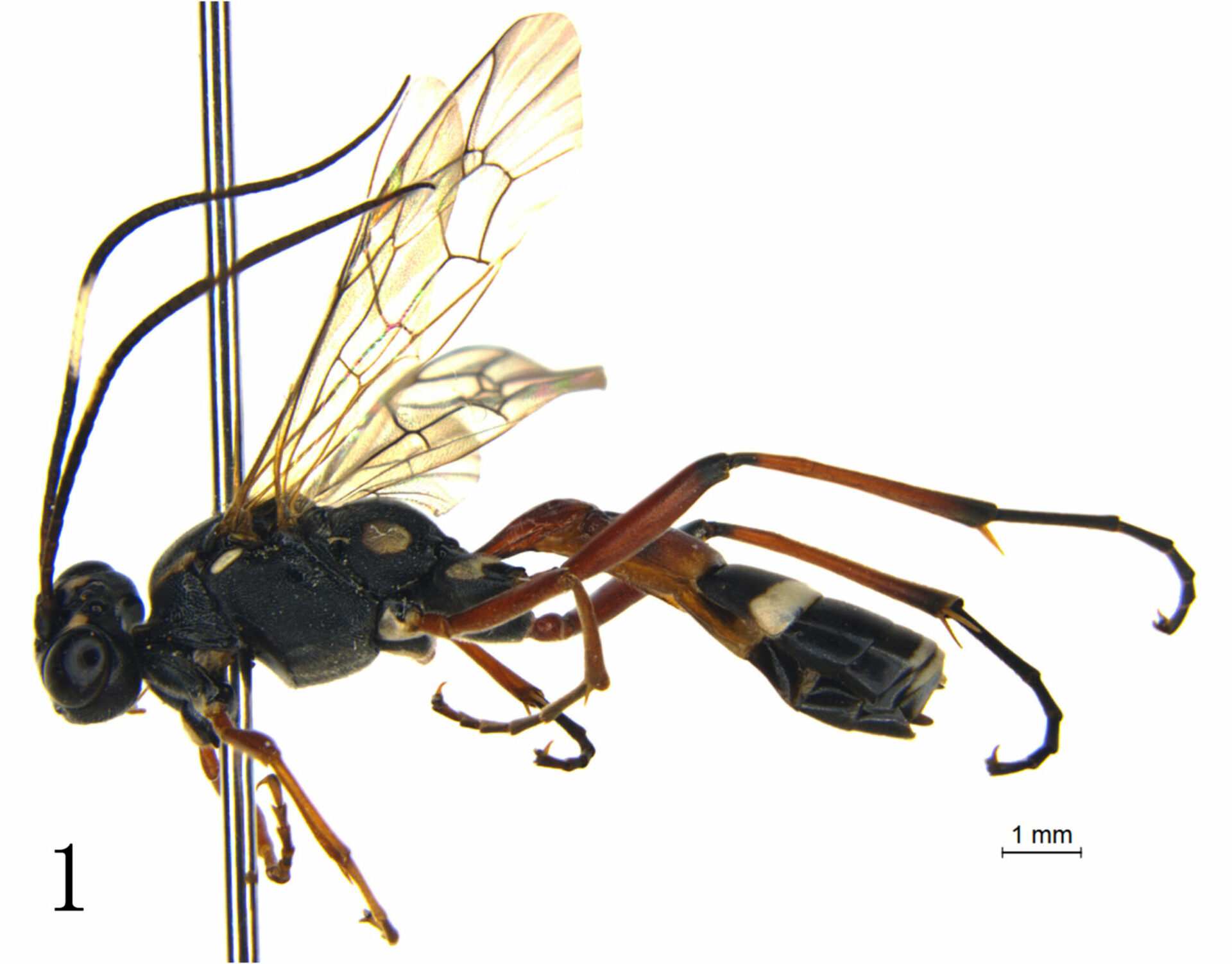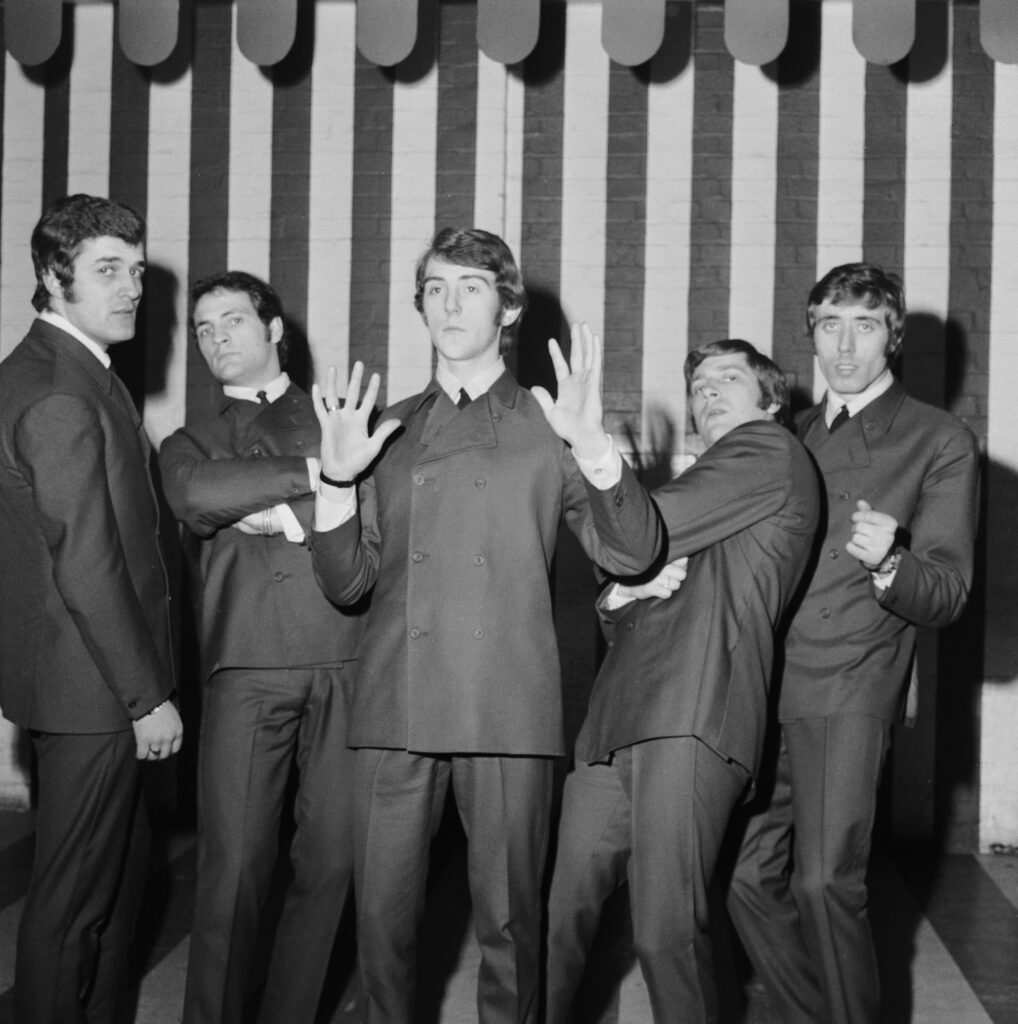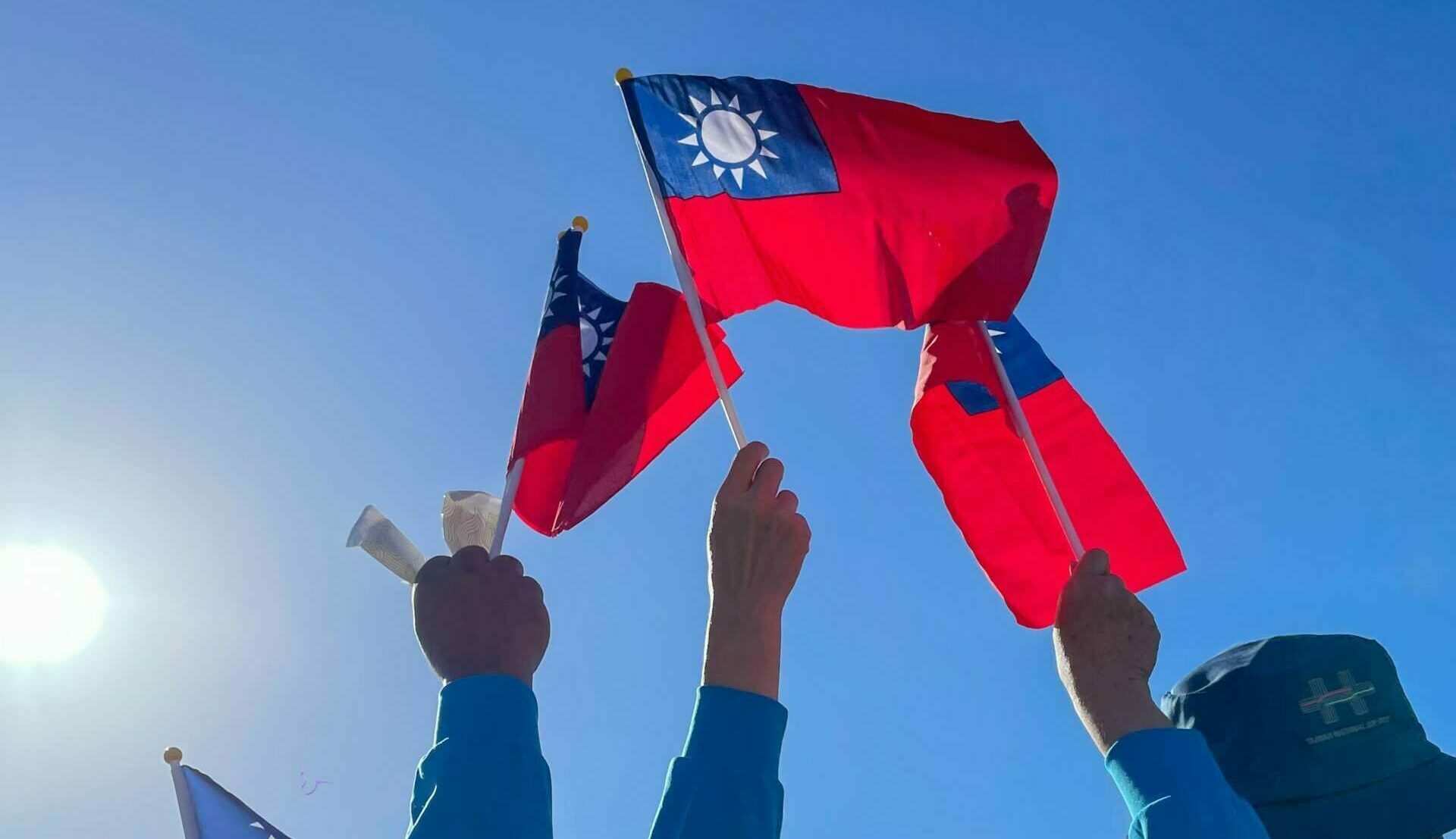
This article was originally published by Radio Free Asia and is reprinted with permission.
The shadow of Chinese interference ‘looms large’ over democratic Taiwan, according to the island’s foreign minister, whose warning came amid reports that the Chinese Communist Party is wooing district-level politicians in a bid to wield influence in the run-up to presidential elections in January.
“China’s interference looms large, even as we celebrate Taiwan’s democratic development,” Taiwanese Foreign Minister Joseph Wu told a forum in Taipei on Tuesday. “Standing on the front line against authoritarian expansionism, Taiwan faces Chinese coercion and gray-zone tactics on a daily basis.”
“We are not only the constant target of China’s intimidation and political coercion, but also a testing ground for China’s cognitive warfare.”
Wu’s comments came amid media reports that Chinese officials across the country targeted Taiwanese politicians with highly subsidized junkets ahead of the elections, as part of a highly organized soft power influence campaign.
“In preparation for Taiwan’s elections early next year, China once again aims to exploit Taiwan’s open society, through hybrid means,” Wu warned. “It is using military threat, economic coercion, disinformation campaigns and illegal financial flows to try and shape the outcome of our election.”
The Chinese Communist Party recently “upgraded” its influence operations, according to a report published Tuesday by Taiwan’s Mirror Media.
“Taiwan Affairs Offices in each region are now targeting the heads of villages across Taiwan in a point-to-point approach, to go to China to take part in United Front work,” the report said, in a reference to the Chinese Communist Party’s outreach and overseas influence arm.
“For example, Shanghai is assigned the Taipei municipality, and invites all of the leaders in Da’an district on a trip … providing free food, drink and entertainment in the form of on-site hospitality, and even contact with people on the Standing Committee of the National People’s Congress,” the report said.
“It’s not so much election influence that the United Front is engaging in — it feels like a disguised form of bribery.”
“These 5-day and 4-night trips only cost 10,000 Taiwan dollars (US$317), with food, accommodation, entertainment and a bunch of souvenirs included,” it said. “You can even get a refund when you arrive in China.”
‘External hostile forces’
The approach is starkly different from earlier tactics, in which Chinese officials tried to woo retired Taiwanese generals or former senior officials from the opposition Kuomintang, which favors closer ties with Beijing.
The report followed a similar expose by Reuters on Dec. 1, which said around 1,000 village chiefs and borough heads had recently visited China on such trips, quoting one official as saying the campaign was a form of “election interference.”
Taiwanese law forbids election campaigns from receiving money from “external hostile forces,” including China, and prosecutors in southern Taiwan this week said they were investigating 22 people, including grassroots politicians, for potential violations of election and security laws, Reuters reported.
It quoted a security official as saying that the island’s security services are now investigating more than 400 visits to China during the past month.
According to Puma Shen, who heads Taiwan’s influence tracking think tank Doublethink Lab, and who is running as a ruling Democratic Progressive Party lawmaker, China is also using social media platforms to reach younger Taiwanese, particularly Tik Tok.
He said some China-friendly groups in Taiwan were joining in with the social media offensive ahead of the election.
Taiwan’s Mainland Affairs Council, the main agency in charge of China-related matters, has said it is “self-evident” that Beijing is trying to sway the elections in its favor.
“They have already made it clear that a so-called ‘right choice’ has to be made, meaning choosing candidates that the Chinese Communist Party prefers,” the council’s minister Chiu Tai-san said recently in comments cited by Reuters.
Foreign minister Wu agreed that Chinese interference is “intensifying” ahead of the January elections for the presidency and Legislative Yuan, “creating social distrust and divisions to undermine Taiwan’s democratic system.”
“We should not let authoritarian China get away with it, and then get its way, whether in Taiwan or anywhere else,” he told the China In The World forum in Taipei, adding that the government has set up a cross-agency mechanism for reporting, verifying and rapidly clarifying disinformation.
“Taiwan’s public and private sectors are working together to combat cognitive warfare used by authoritarian regimes,” Wu said, calling for international efforts to resist “China’s malign influence” both on Taiwan’s democratic way of life and on international organizations.
“As China’s expansionist ambitions grow, so have its efforts to expand its influence worldwide through military, economic, technological and cognitive means,” he told the forum. “Only by enriching our toolbox can we prevent democracy from gradually being discredited, eroded and divided.”
Junkets are effective
Shen said his organization aims to archive Chinese data and disinformation, quantifying into a “China Index” for people to gauge the extent of Chinese influence anywhere in the world.
“This is not an academic exercise,” Shen told the forum. “We try to include people on the frontlines, journalists, and human rights defenders, and serve as an international hub for cross-regional collaboration.”
Gong Yujian, a Chinese dissident who now lives in Taiwan, said the junkets targeting low-ranking politicians were highly effective.
“I’ve seen that a lot of Taiwanese change their view of China greatly after going there and seeing it with their own eyes,” Gong said. “They see all of the highways, the high-speed rail, the superficial prosperity of things like Alipay and the skyscrapers.”
“They are surprised at the so-called wealth and power of China,” he said.
But he said they rarely get a glimpse of what it’s like to live under such a regime.
“There may be countless bones buried under the foundations of those high-rise buildings,” he said. “China’s rapid development has sacrificed the environment, human rights and labor rights.”
Even if only 5% of village chiefs are changed by their China trip, that will count as a victory in United Front terms, Gong said, adding that the goal of such trips is to lull Taiwanese into believing that the Chinese Communist Party has changed.
He said local governments will be happy to oblige, as they are confident of being able to get funding for anything related to United Front work.
Doublethink’s Shen, meanwhile, warned that such operations could be under way anywhere in the world, in particular in poorer countries.
“Many countries with a high GDP may experience a lot of pressure from China that can result in little effect,” he told the forum. “However, those countries with a lower GDP, such as Egypt, exhibit an opposite effect with little pressure, resulting in a high degree of influence.”
Shen called on parliamentarians around the world to use the China Index to quantify China’s impact on their country, so they can develop ways of protecting themselves.
